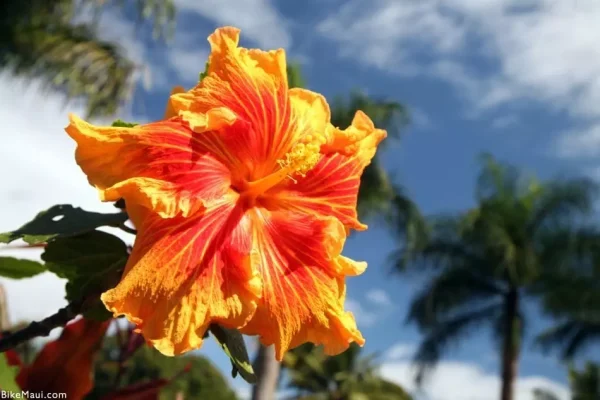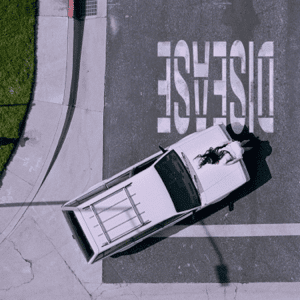A Global Solution for the Climate Crisis
Down to Earth with Sasha
Plastic is everywhere. It packages food, holds soap, and is even a component of carpet. It has infiltrated every aspect of the consumer market. As a result, plastic waste will outnumber fish by the year 2050, according to the sustainable beauty brand Made with Respect, despite the measures already taken to stop over 85 million tons of waste from entering the ocean.
A global solution is needed — something larger than simply agreeing to use reusable shopping bags. One startup, TerraCycle, thinks it has the answer to reducing the amount of waste entering the oceans: zero waste.
Despite its name, zero waste does not mean garbage cans will become obsolete. Zero waste is simply the use of nonrenewable products responsibly and ensuring there is no unhealthy waste discharge.
To achieve zero waste, TerraCycle publicist Alex Payne explained how companies need to get ahead of “waste streams” like plastic wrappers and contact lenses because they are not recyclable through “conventional methods.”
After learning about the impact she can personally have on the environment, senior Manal Desai has diminished the quantity of products she buys that contain great amounts of plastic.
“I do buy from brands that are eco-friendly more often then from brands that aren’t because if I buy from a brand that’s not eco-friendly, I will be saying that I don’t care about the environment in a way,” Desai said. “I know that whatever I’m buying, I can either recycle or reuse it, and not just throw it in the trash. I also know that my money is going to a brand that cares and has the same beliefs as me.”
TerraCycle understands that people are becoming “eco-conscious” in their spending. Therefore, TerraCycle leaders have created a new way to recycle by teaming up with major corporations, including Colgate Palmolive, Nestlé, PepsiCo, and The Body Shop, to reduce one-use packaging.
TerraCycle created the global recycling system called Loop for customers like Desai in mind.
First, consumers buy a product from the Loop store online. After the product is used, the product’s container is picked up by UPS to then head back to the product’s factory for sterilization. After being cleaned, the container is then refilled and sent back out to stores.
These containers are built from stainless steel and other reusable materials. Unlike one-use plastic or cardboard containers, TerraCycle’s design is built to last at least 100 Loop processes. Although still a pilot program, Loop can already be found all across the globe, including Paris, London, and New York City.
Retired Colgate packaging engineer Neil Weissman was “on the front lines” when TerraCycle approached Colgate about a partnership. He personally helped find an alternative to the “film coating found on toothpaste containers which is bad” for the environment and creating a “thinner tube structure to reduce the amount of materials” required for package development.
The simple act of reducing the amount of materials necessary for packaging ultimately changes the amount of waste millions of consumers are producing. Only when there is a widespread effort to institute zero waste will there be enough of a change to slow the amount of plastic entering the oceans.
Payne said, “While improving our recycling systems might help to stem the tide slightly, we need to foster collective behavior change to make any real impact.”






